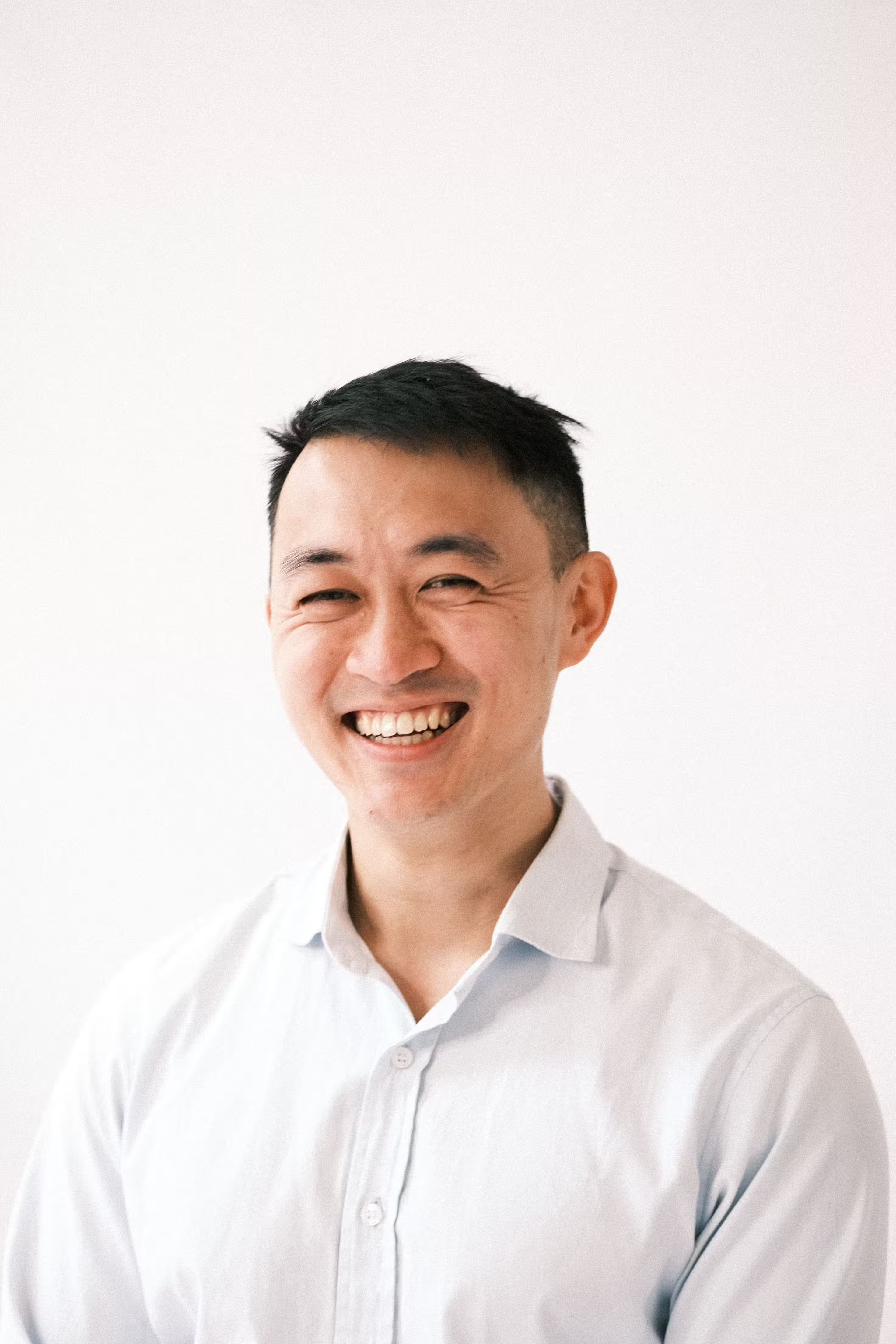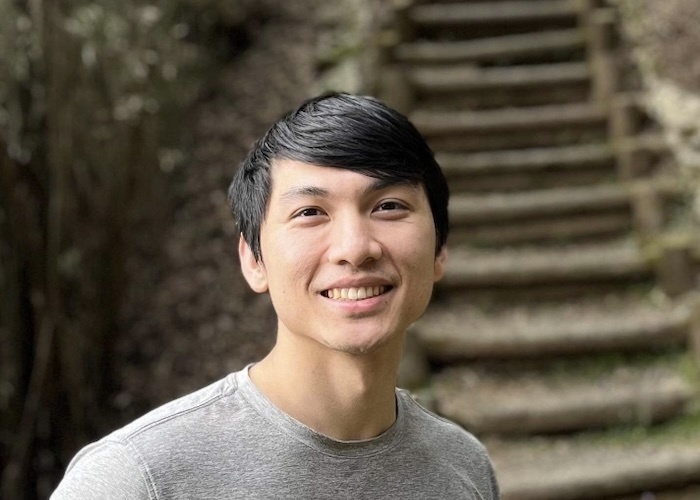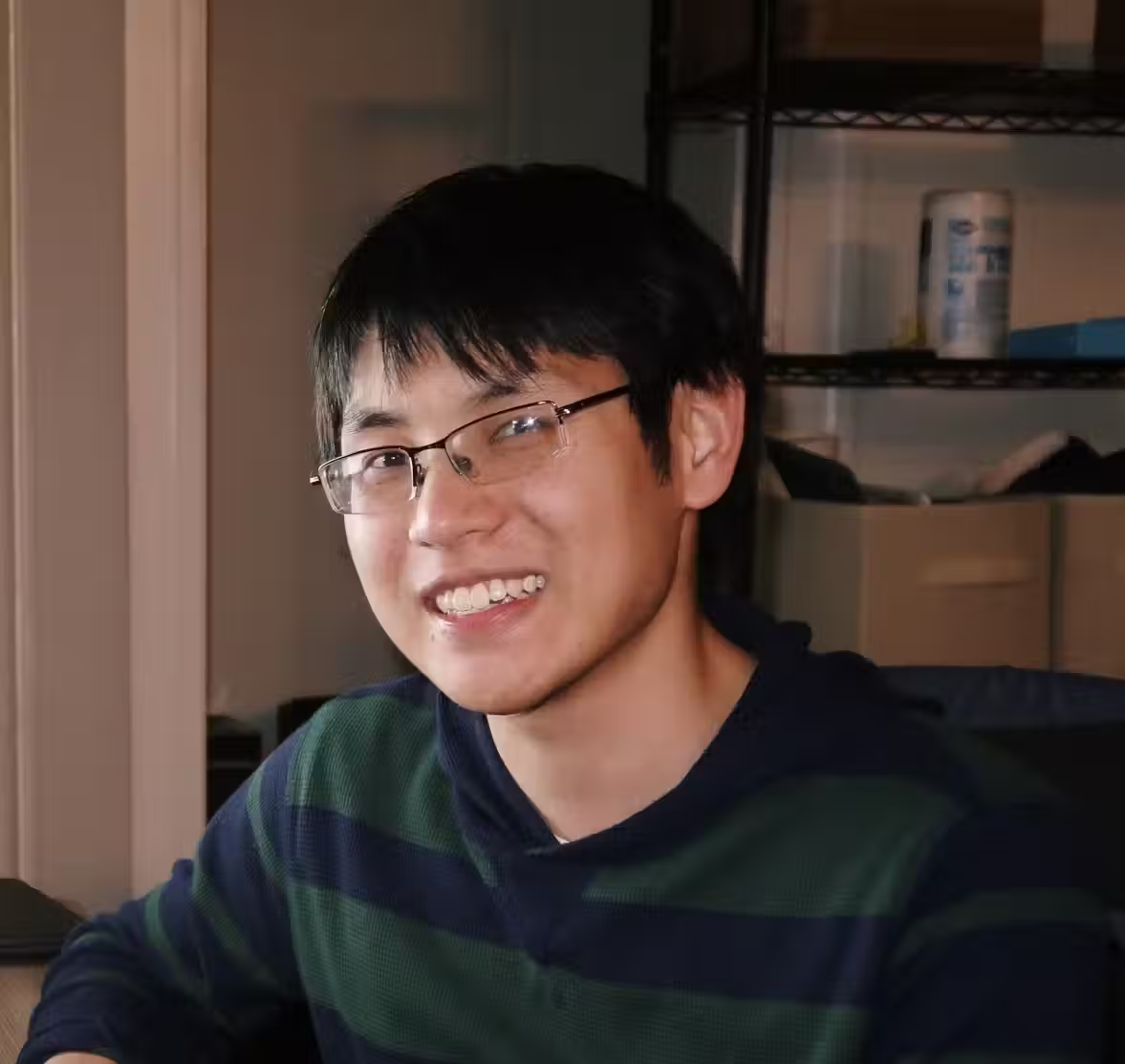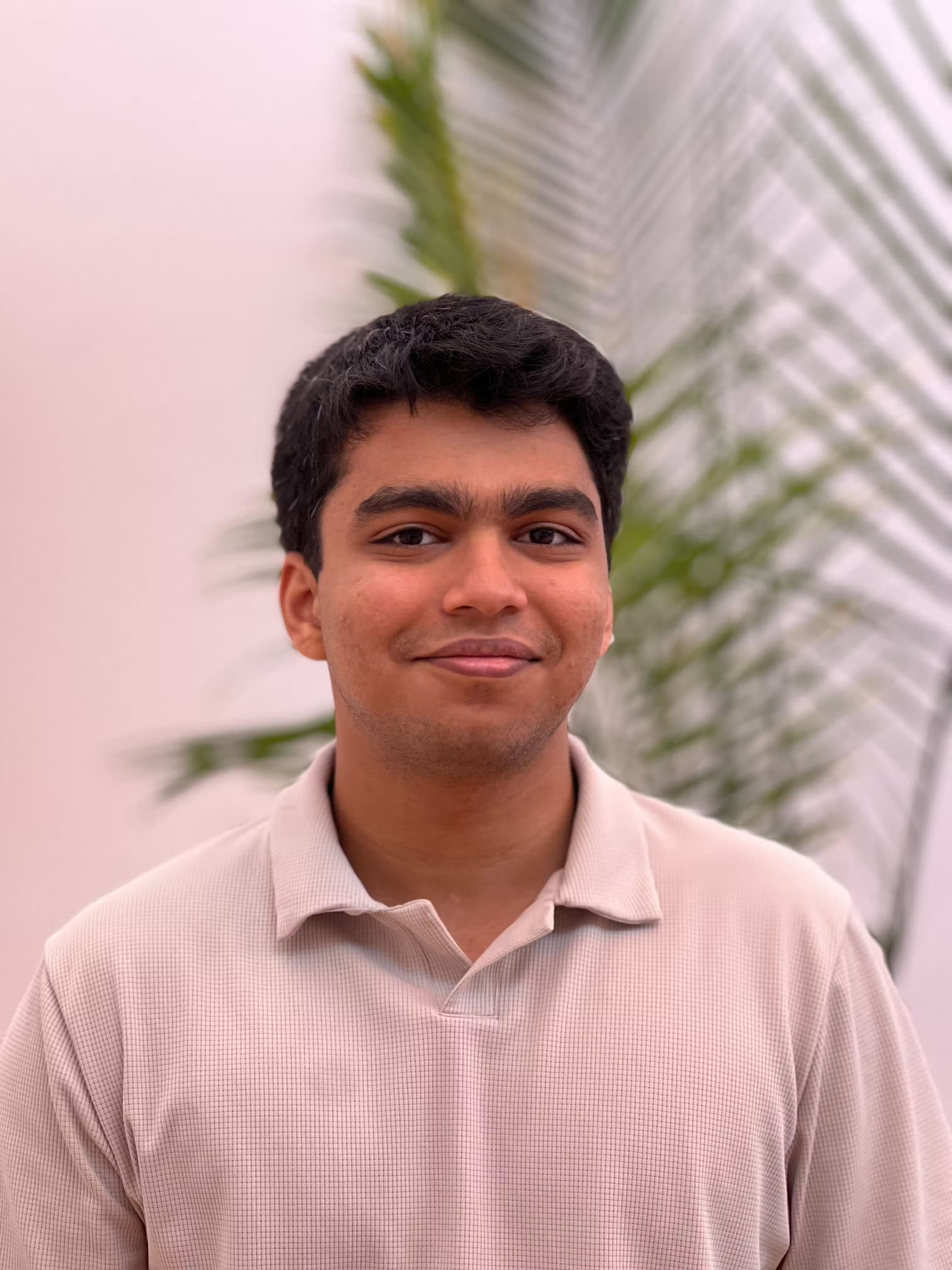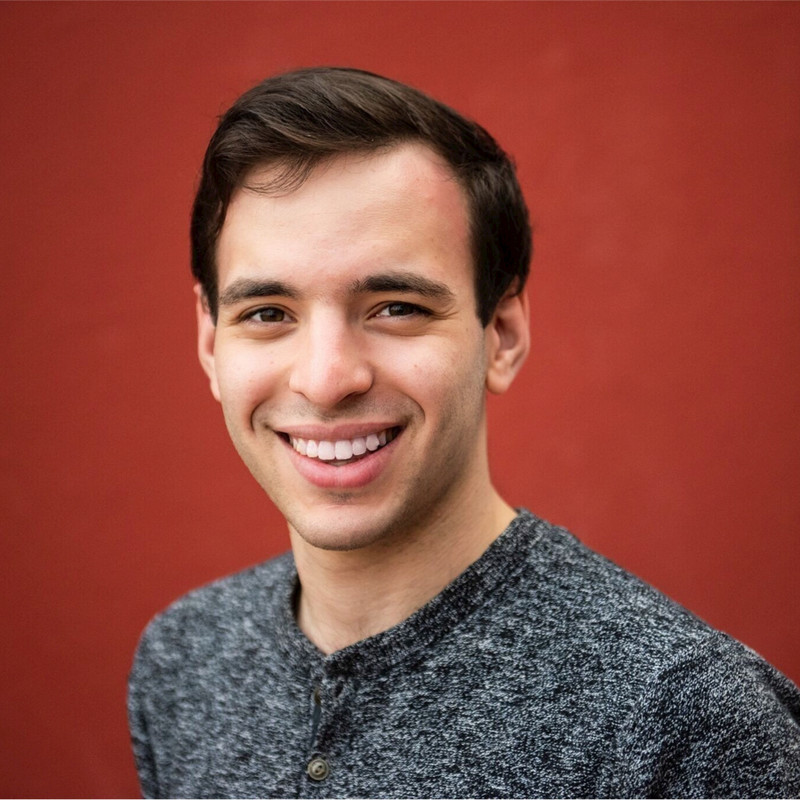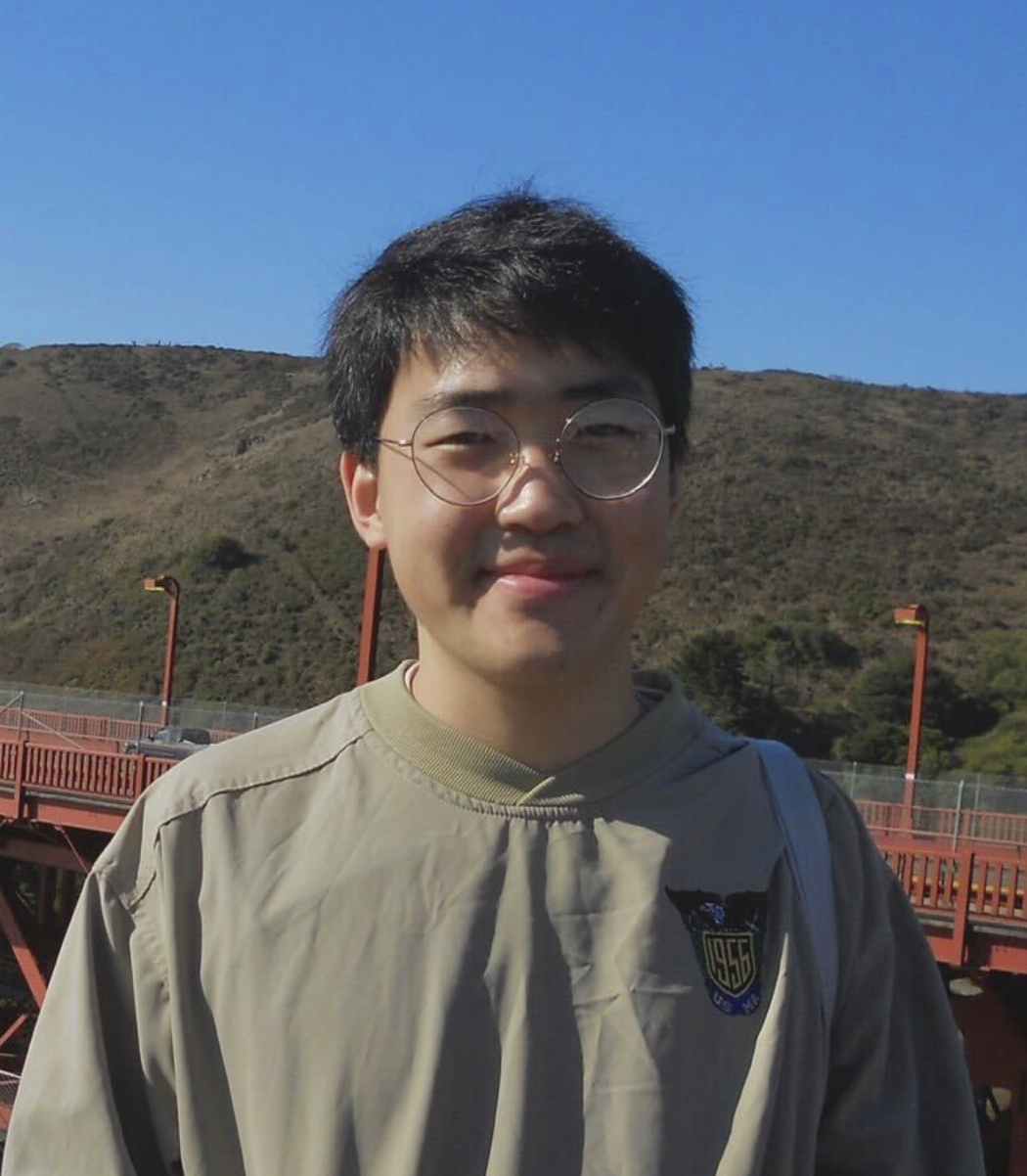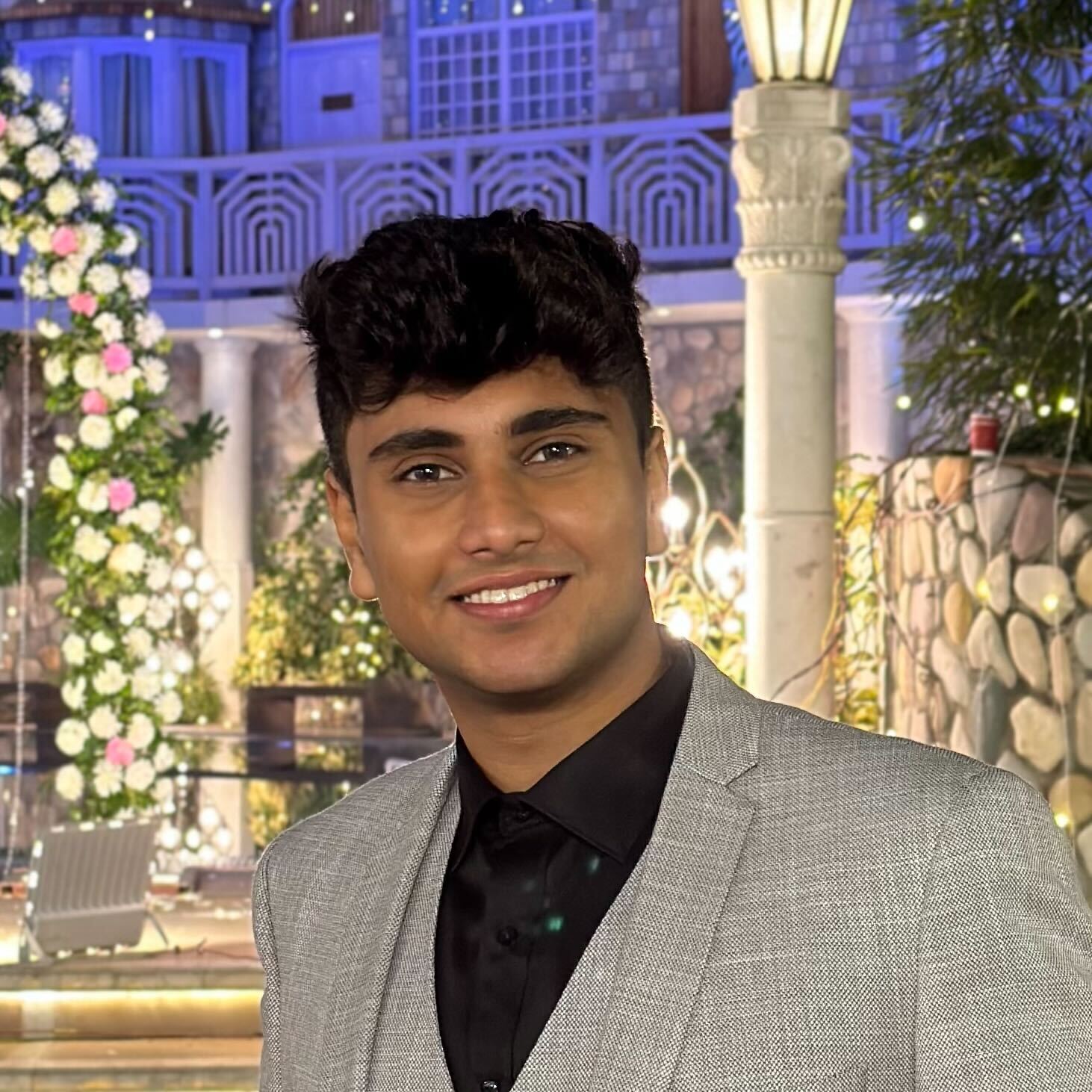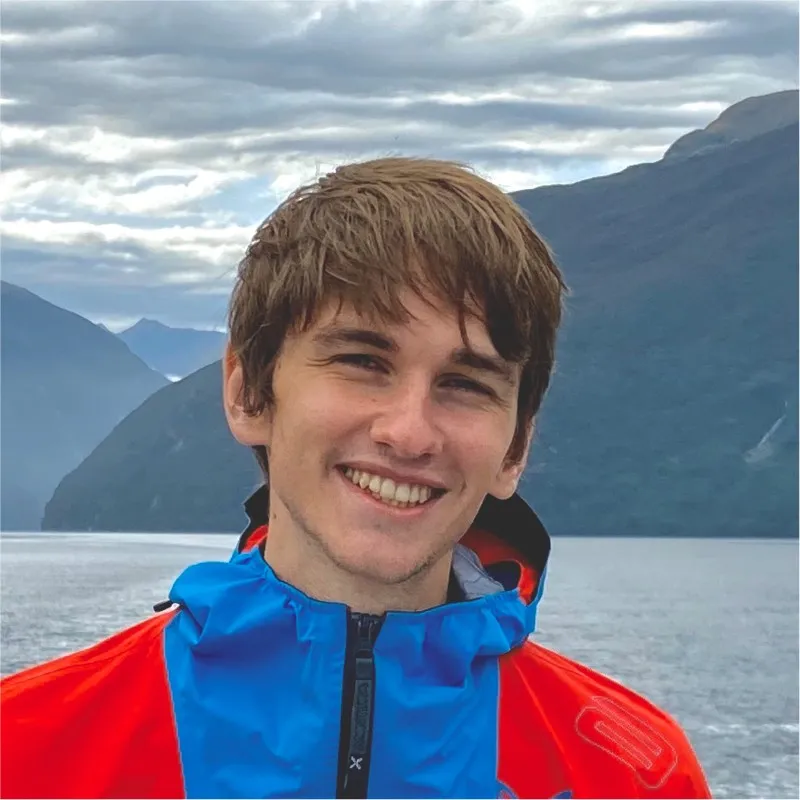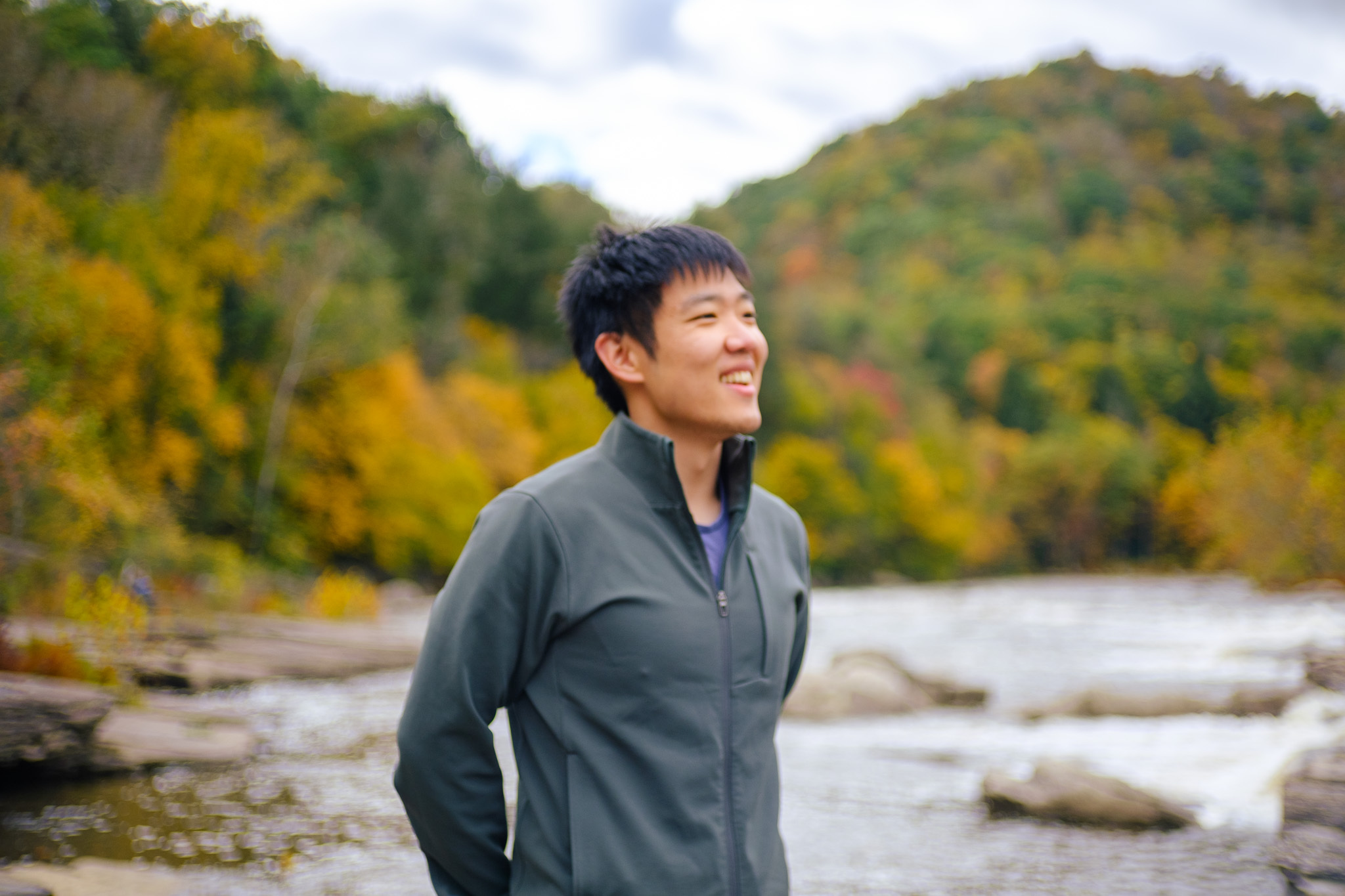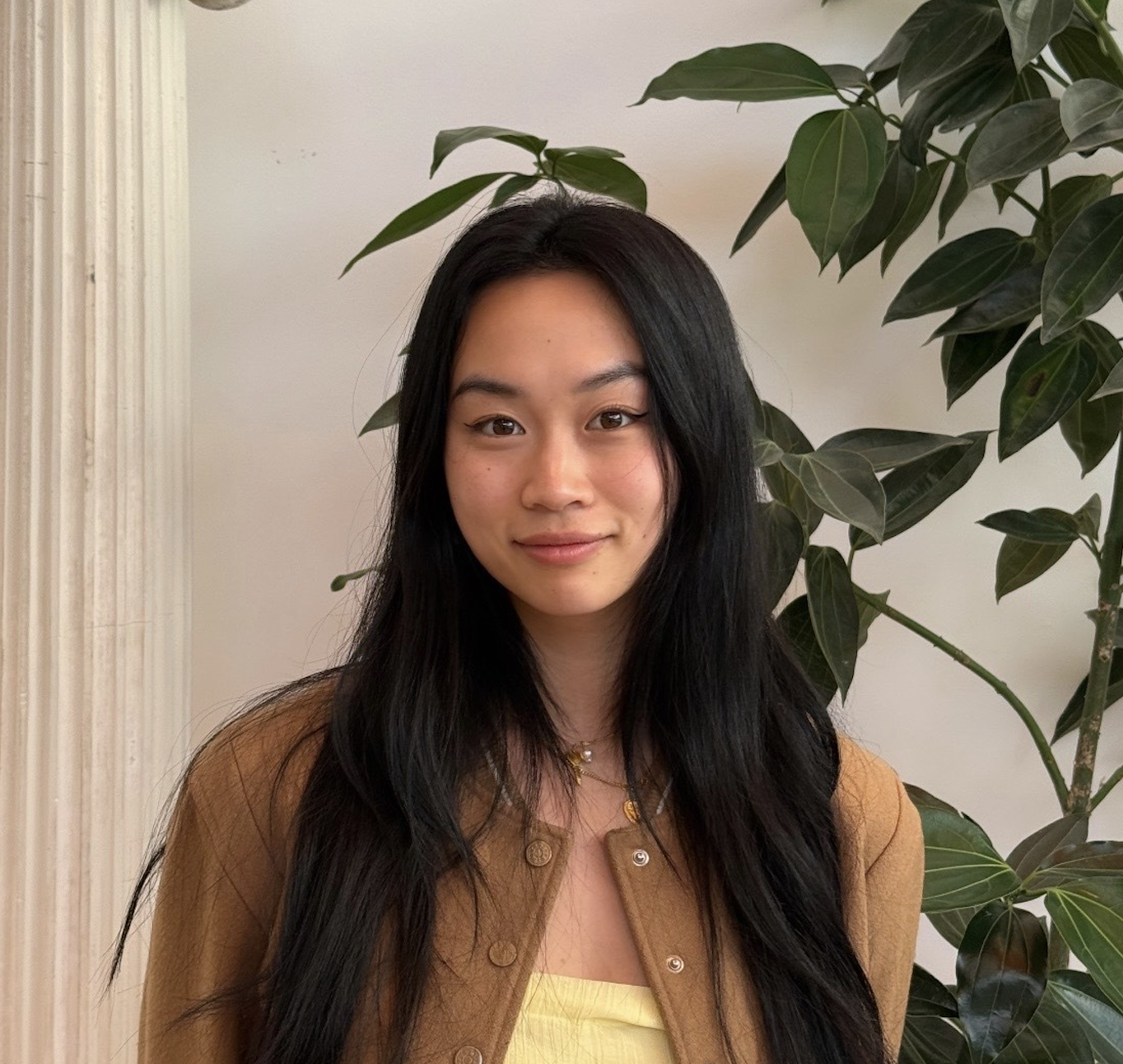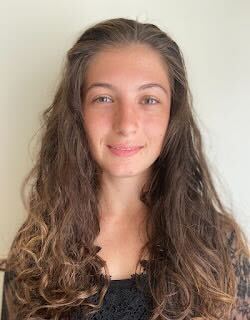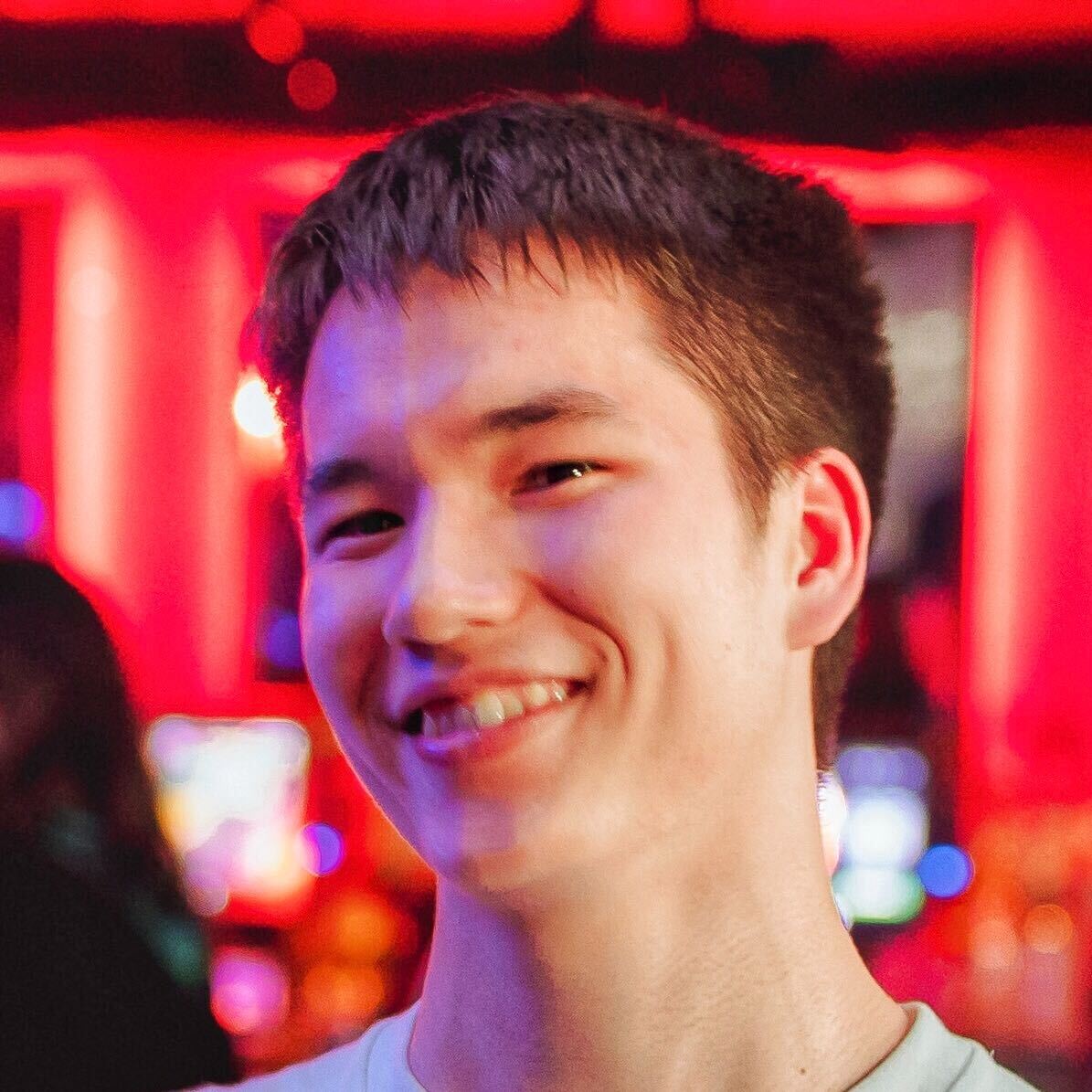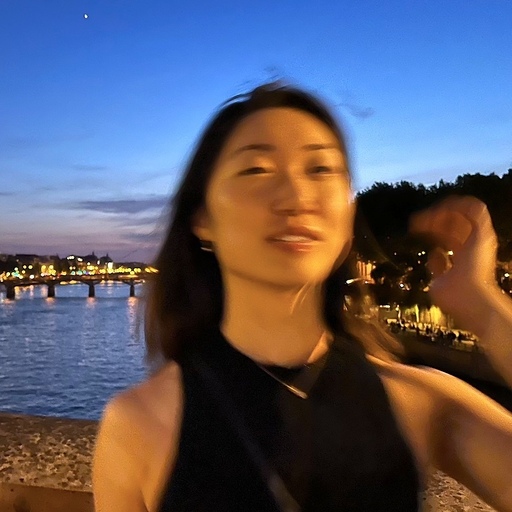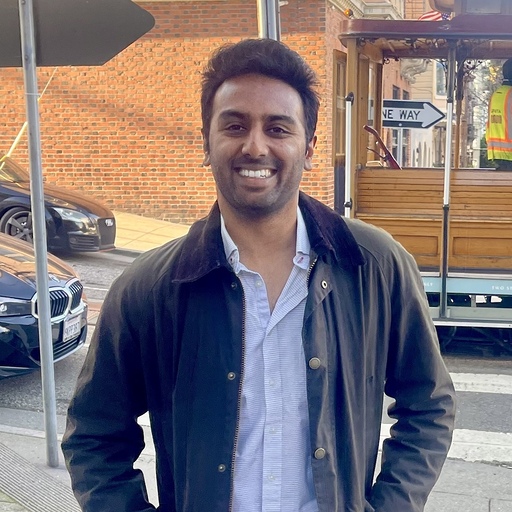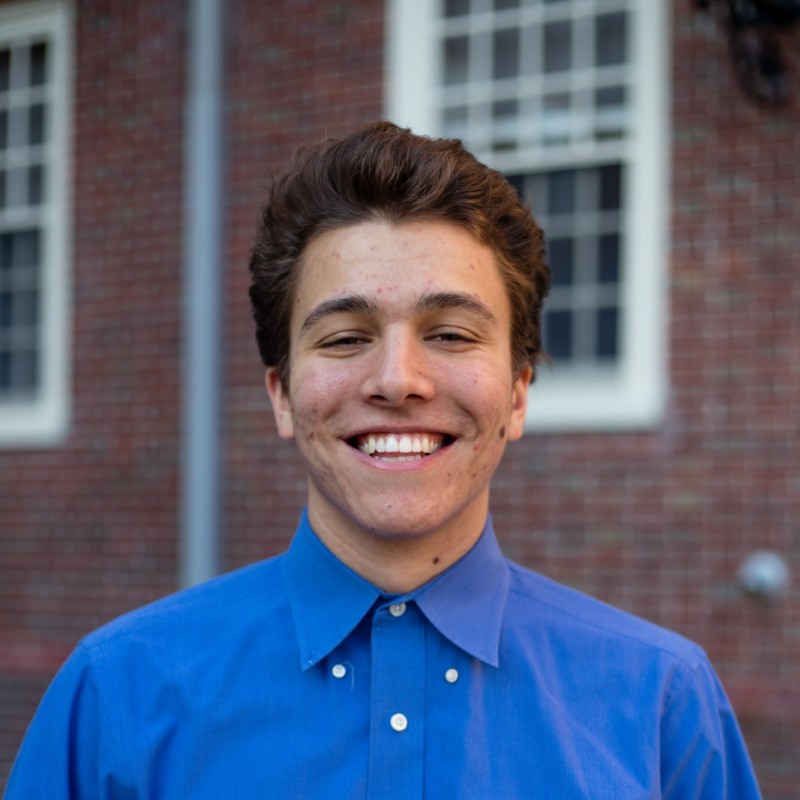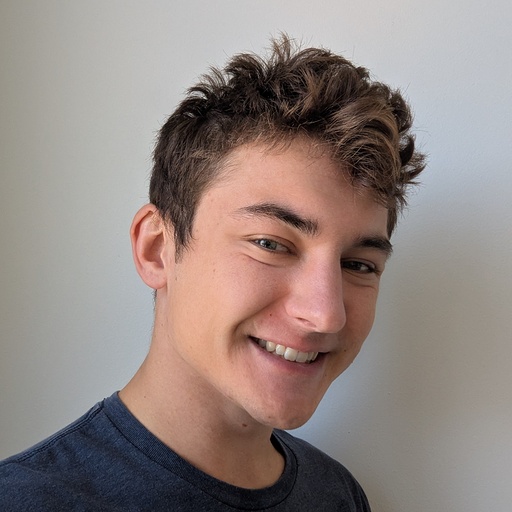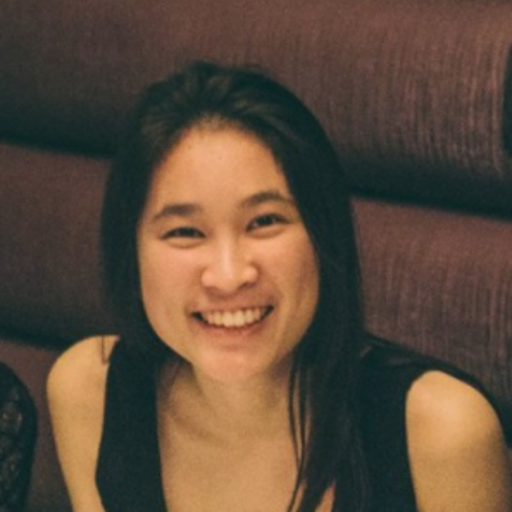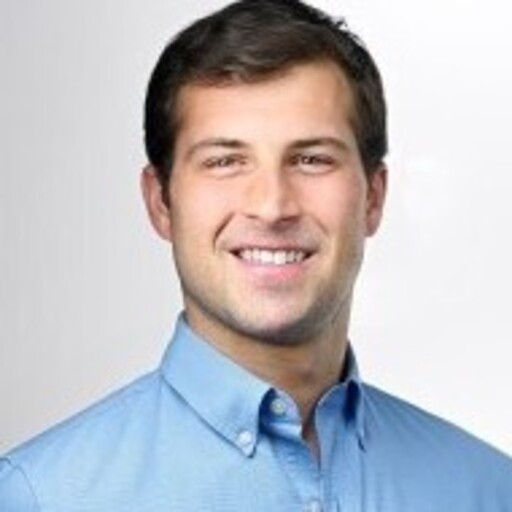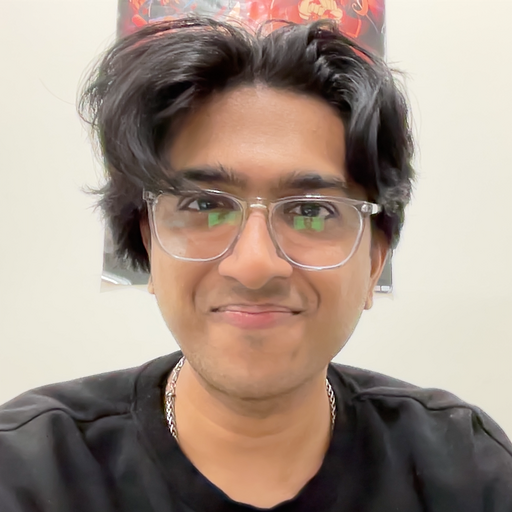The vast majority of the web's data lies untapped
The world needs perfect web search. You should be able to find all the data you want, no matter how complex your need.
You should be able to make searches like "get me every space-themed podcast episode this week" or "find all the European competitors to my company ranked by employee count". You can't make these searches because today's search engines use old search technology that's optimized for ads.
Exa is the first search engine that's optimized to return exactly what you ask for. We're an applied AI lab developing a novel neural approach to search. And we sell this search usage-based to customers—no ads, just quality.
Our ultimate goal is perfect web search: to give users full control over the world's shared data.
Novel neural search architectures
We train novel architectures for web search using end-to-end neural networks. Unlike keyword methods, neural methods get better with more compute and will win in the long run.
We're lucky to now own 18 8xH200 nodes worth of research compute... also known as an exa-cluster :)

Web-scale infrastructure
Building a search engine from scratch requires building massive-scale infrastructure. There are 100s of billions of webpages (roughly an exabyte!) that need storing, processing, indexing, and serving at high throughput.
Building this is fun but quite difficult. That's why search tools, like SearchGPT, actually rely on 3rd party search engines under the hood.

Investors
We've raised over $100M from top investors / AI leaders. Our investors include Benchmark, Lightspeed, Nvidia, YC, and more.




Advisors
We're advised by top researchers from OpenAI, Google, and Bing who are invested in our vision for a new kind of search engine.



We're an SF team of builders and researchers
Will was one of the first engineers at Cresta where he built real time AI products. He studied CS and physics at Harvard, where he researched human/AI interaction and led the robotics club. Will considers himself an expert in both embedding models and chocolate chip cookies -- the jury is still out on which is more critical for company operations.
Jeff spent three years building data and web infra at Plaid. He studied CS and Philosophy at Harvard, where he ran a GPU cluster in his dorm room and was roommates with Will. The team estimates that 20% of social analysis in San Francisco traces back to one of Jeff's many viral tweets.
Ben previously did quant trading at SIG and before that took the hardest math course in the country at Harvard. When we find frisbees, tailor made suits, or scribbled math formulas lying around the office, there's usually a Ben behind it.
Hubert previously worked on projects like particle simulations and automated wheelchairs. He studied CS in the Yao Class at Tsinghua University. Hubert's appetite for clean microservice architecture is perhaps only matched by his appetite for Haribo sour candy.
Shreyas previously worked on various projects, from training neural networks in Haskell to building a game streaming engine. He studied CS at the University of Waterloo. You can typically find Shreyas analyzing the price/performance of AWS services or crushing the team in basketball, sometimes at the same time.
Michael previously worked on ML and privacy at various companies, including Apple. He studied CS at Harvard University. He also somehow finds time to cook chef-level meals and have PhD-level knowledge on nearly everything -- both of which the team enjoys consuming.
Felix previously worked on opensource projects from next-gen text editors to composable knowledge management systems. He (almost) studied CS and philosophy at UIUC until he realized that he is already a beast. The only job Felix should not do is corrosion engineering, because he deeply wishes to convert the world into rust.
Stacey previously worked on business development at Awesomic. She got a bachelors and masters from Taras Shevchenko National University of Kyiv, basically the Harvard of Ukraine. Stacey goes by many names at Exa -- workplace operator, recruiting coordinator, chief happiness officer -- but perhaps her most beloved name is "greatest cookie baker of all time". These cookies are unfairly delicious.
Joshua previously studied CS at the University of Chicago, where he solved ML problems on 3D reconstruction. These days, he builds virtual worlds and massive lego datasets (and even bigger Exa datasets). Given his ML abilities and all the cities he's lived in across the Midwest/East Coast, some believe Joshua has neurally solved the Travelling Salesman Problem in polynomial time.
Ishan previously cofounded a text-to-video startup. Before that, he was a software engineer at Rephrase AI, which got acquired by Adobe. He has a Computer Science degree and has been coding since he was 13 years old. Ishan has so much energy and has shipped so many Exa apps that some on the team believe that when our LLM APIs are overprovisioned Ishan personally responds to each API request.
Adriano's coding journey started by crafting custom Warcraft 3 maps (yes, he's been at it that long). He skipped college and has been coding professionally for 12 years -- his most recent adventure was hacking equipment protocols on cargo ships. At Exa, Adriano uses AI tools to update so much code across the stack that the team's only proof he isn't actually Claude 5 under the hood is his mastery of swing dancing.
Carlos previously did MLOps for several years, building training infra for 1000s of models across cloud and edge. He studied electrical/computer engineering in Portugal, where he researched RL for computation offloading. Carlos named our GPU cluster 'Hephaestus', presumably after the greek god of blacksmiths, but more likely because it's hard to spell so that only he can successfully ssh into it and hog all the compute.
Gabriel previously founded the startup Sofon, a graph-based tool for ranking people’s authority. Before that, he was a founding engineer at Diagonal, an API for crypto payments. He studied CS in Barcelona where he built ANN-based particle trackers at CERN. Gabriel has spent his adult life indulging in huge quantities of two things -- AI knowledge tools and olive oil. The team is still unsure which is less healthy.
Tom studied CS at CMU, where he implemented network protocols, optimizing compilers, and a cloud hybrid file system. Before that, he worked at Google on highly optimized, global scale services. Tom can see the beauty in many things, whether it's a well designed vectorDB or a motorcycle ride down to Santa Cruz with his 50 year old camera and a roll of film.
Felicia previously worked on Growth/Strategy at startups in search and climate tech, and prior to that did private equity at Blackstone. She studied Environmental Economics at UC Berkeley. Felicia is one of the very few people who has both won debate championships and deeply studied Buddhism, meaning she has mastered thinking both fast and slow.
Anca previously built AI search pipelines and databases at Primer.ai. Before that, she studied Computer Science at Princeton. Anca grew up in Romania, is fond of Egyptian bellydancing, and has mastered American free style rap, however she insists her preferred world language is still python.
Liam previously worked as a software engineer at Numerai before realizing that he can also totally master art and so became an artist. After he created Exa's infamous 30 foot office mural and then helped code up our AI powered Websets product, Liam became universally known as the guy who put the AI in renAIssance man
Sam went all-in on competitive math in high school, earning a spot at the Math Olympiad Summer Program at CMU. He studied CS at MIT, and then researched efficient GNN architectures at the IBM Watson AI Lab. Sam’s mission at Exa is simple: train the ultimate search engine. The team believes that his breakthroughs will not occur at his desk, but rather on the giant blue bean bag where he ponders new ideas.
Song previously founded the company Jouncer for sharing projects across art and engineering, and then was a frontend engineer at Instabase. She studied Computer Engineering at the University of Toronto, where she developed her love for America. Song spent two years as an artist in Brooklyn creating scifi art before she realized: why paint it when you can build it?
Shyam previously founded Kapstan, a Kubernetes abstraction layer for better container orchestration. Before that, he was a software engineer at Apple and consultant at BCG. He studied at Berkeley and MIT, though he'd argue his real learning came through teaching, from SAT prep to middle school basketball. The team sometimes wonders if Shyam's loyalty lies with eng or GTM, to which he responds 'porque no los dos?'
Mark previously worked on video-conferencing at Ameelio, indexing video at Kino AI, and caching and materialization at Sigma Computing. Before that he studied math and CS at Harvard, while building learned indices in the Data Systems lab. Mark owns and manages Exa’s army of agents, and he also personally owns and manages a colony of ants, causing some to speculate that Mark sees something deeper here.
Tyler studied math and CS at McGill University, where he scored Top 500 on the Putnam and was a Codeforces Candidate Master. When he’s not building state-of-the-art crawling systems, you’ll find him doing 15 meter kiteboarding jumps, thinking about math, or somehow solving a 7x7 rubiks cube just from "thinking about the colors".
Linh previously worked in fintech on explainable ML models for credit underwriting. She studied Chemical Engineering at MIT before realizing she’d rather ride the AI train with her tech bro friends. Linh tries to spend more time in the wilderness than she does looking at screens, but when she lapses you can find her scrolling Google Maps, Strava, and Exa search data.
Will studied Industrial Engineering at both the University of Michigan and UC Berkeley, where he swam competitively. Before Exa, he worked as a research engineer at SRI International, followed by a role as an associate at Kilonova Capital. Sometimes people wonder how Will powers through so many sales each day, until they realize he didn't become NCAA Team National Champion by staying put.
Ben previously did a PhD at Cornell building the fastest distributed algorithms in the world, now taught at universities and powering famous protocols. Before that he studied CS at MIT. Ben likes to dive really deep into things, from calligraphy to plants to the unfalsifiability of the Physical Church Turing Thesis to an absolutely massive report on GPT2 experiments that really should've broken github's markdown limits.
Rohit’s coding journey began when he was 11 years old making video games with C++ (this also led to a 5 year programming hiatus). Most recently, he graduated in CS from NYU where he spent time debugging kernel programs. While he is somewhat famous on X, he is more famous at Exa as the only member who switches code editors more than he does LLMs.
You previously worked on some project that demonstrated exceptional skill. You studied CS at somewhere, but far more importantly want to learn by joining a startup working on massive-scale ML/infra. You are excited to tackle a mission as old as ancient greece -- organize the world's knowledge -- and recognize that to do that You must meet Us and become We.


